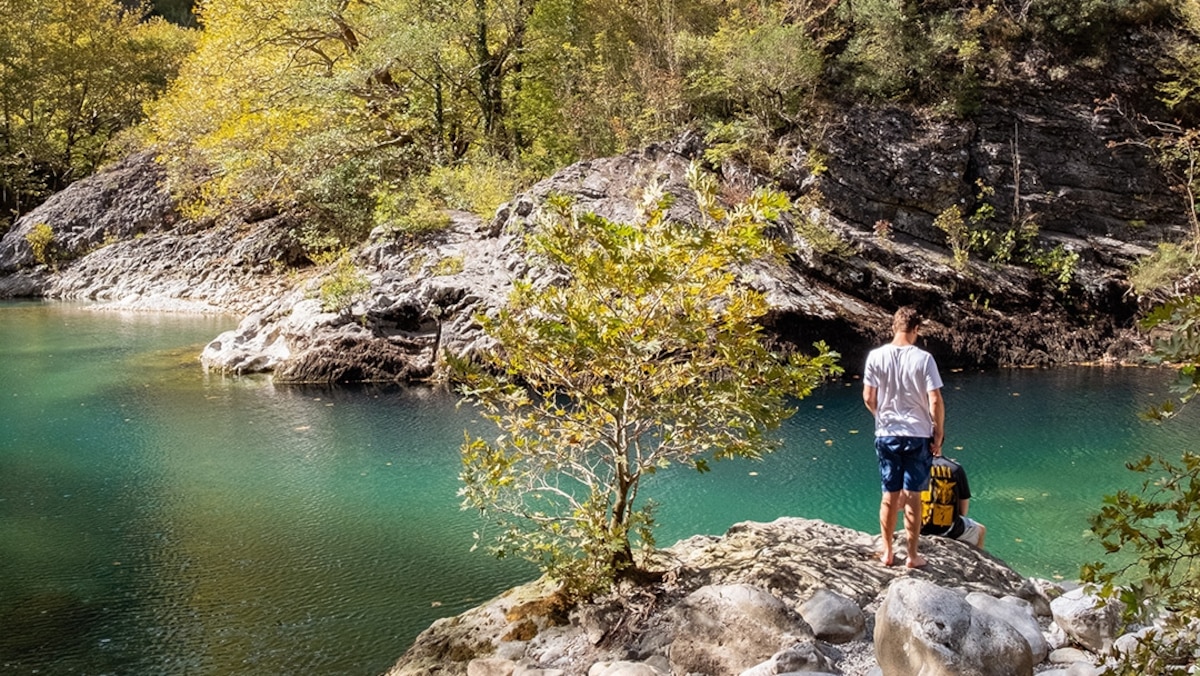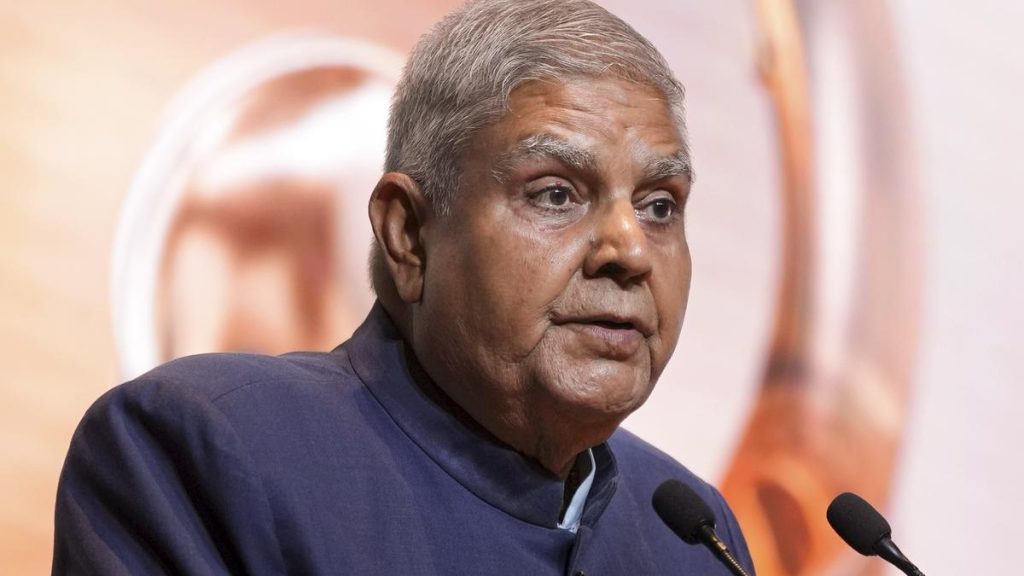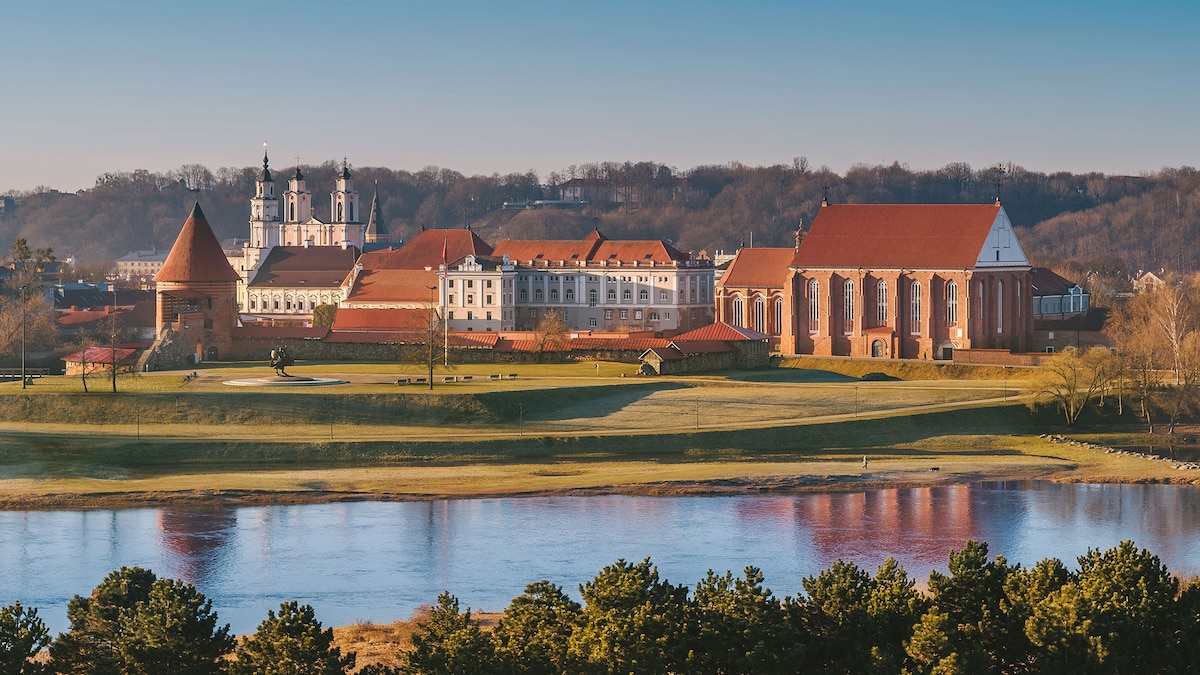Now Reading: Greece’s Zagori: A Paradise for Hikers
-
01
Greece’s Zagori: A Paradise for Hikers
Greece’s Zagori: A Paradise for Hikers

Quick Summary:
- Location: Vikos Gorge in Zagori, northwest Greece, offers a unique hiking experience surrounded by natural beauty and traditional villages.
- Cultural Shift: Hiking is becoming more popular among Greeks post-COVID, spearheaded by enthusiasts like mountain guide Anna Diamantopoulou.
- Landscape Details: 400 sq miles of mountainous terrain dotted with stone-built villages (Zagorohoria) featuring controlled construction methods to preserve their heritage.
- Hiking Highlights: Trails include views from Oxya Viewpoint over the world’s deepest canyon relative to its width. The Voidomatis Riverbed (dry in summer) adds a peaceful charm alongside birch and oak forests studded with mushrooms like the panther cap.
- Village Life: Zagorian communities emphasize self-reliance and hospitality exemplified by locals such as Aggelos Ioannidis. Traditional delights include spanakopita, tsipouro (pomace brandy), and breathtaking village architecture linked by arch bridges.
- Nature Attractions: Notable sites include Dragon Lake on Tymfi plateau and springs at Voidomatis. Springtime brings flowing rivers, lush grasslands, and vibrant wildflowers.
Images:
- Mountain guide Anna Diamantopoulou leading a group of hikers (greeceFLastrucciZagori-126ukHR.jpg”>View Image).
Source Link for Full Article: Read More
Indian Opinion Analysis:
The revival of hiking culture among Greeks reflects broader global trends post-pandemic where people have embraced nature-centric activities for physical health and mental rejuvenation. For India, this shift can serve as inspiration given its vast untapped areas suitable for eco-tourism-ranging from Himalayan treks to trails in the Western Ghats or Northeast forests. Controlled development practices around Zagorohoria illustrate how infrastructure can complement conservation efforts without compromising local heritage.
Furthermore, fostering such interest among citizens may encourage stronger stewardship of environment-focused values correlating well with India’s policy goals under initiatives such as “Dekho Apna Desh.” Similar strategies could stimulate regional economies through tourism while showcasing India’s diverse landscape akin to Greece’s model integrating attraction points like Dragon Lake or cultural immersion amid lesser-known villages.
Ultimately, Greece highlights that embracing outdoor pursuits is not only about recreation but also protecting traditions while adapting them into modern lifestyles-a perspective Indian policymakers might find worth exploring further within domestic contexts.























